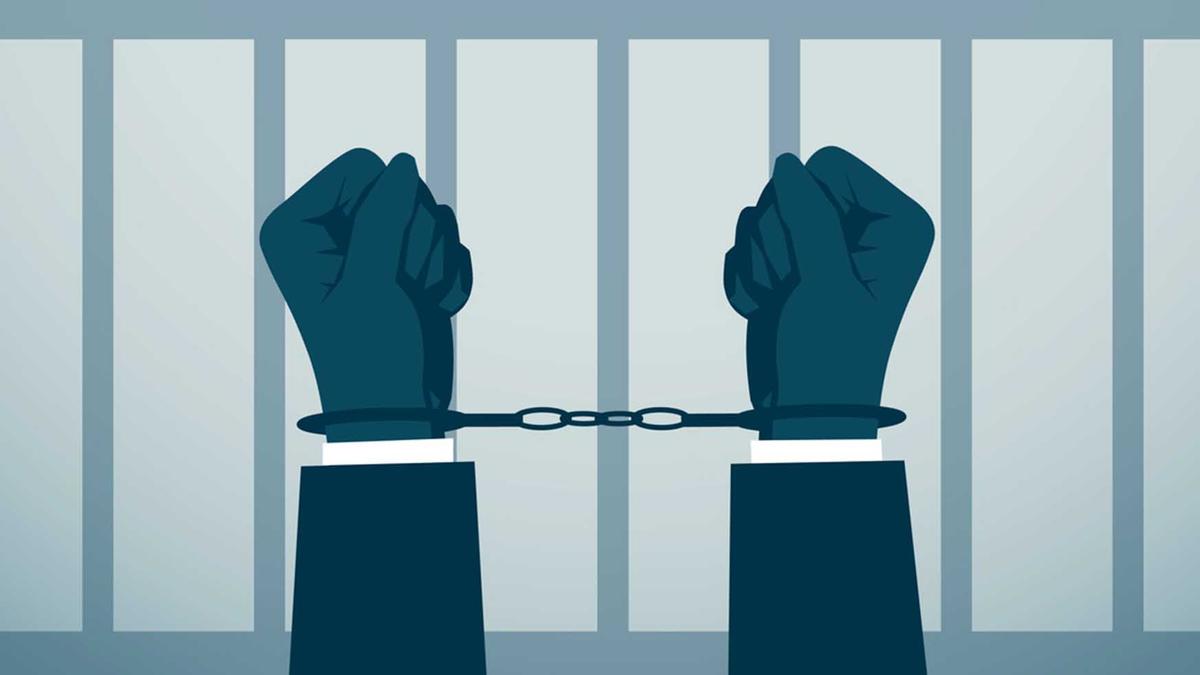
Currently, prisons in most States including Maharashtra, are governed by the colonial Prisons Act of 1894 and underlying rules passed at the State level. Image for representation. | Photo Credit: Getty Images
On July 12, the Maharashtra State government drafted and tabled the Maharashtra Prisons and Correctional Services Bill, 2024, in the State Legislative Assembly’s monsoon session. Although the Bill was not passed, the State Cabinet has now approved its passage as an Ordinance. It will be sent to the Centre for approval and will require the President’s nod.
As ‘Prisons’ fall under the State List of the Seventh Schedule of the Constitution, it is within the exclusive domain of State governments to legislate on and regulate prisons in their jurisdiction. Currently, prisons in most States including Maharashtra, are governed by the colonial Prisons Act of 1894 and underlying rules passed at the State level.
To improve prison governance, the Union government finalised the Model Prisons and Correctional Services Act, 2023 (Model Bill) in May 2023, and urged States to adopt it. The Bill addresses aspects ranging from staffing to technology to mental health in prisons.
According to data published by the State’s Prison Department, Maharashtra has over 60 prisons including nine central, 28 district, and 19 open prisons.
As of May 31, 2024, these prisons house over 40,428 prisoners against the sanctioned strength of 27,110, indicating around 50% overcrowding. It has ranked amongst the top five States with the most prisoners and under trials.
The State-level prison rules were passed between 1962 and 1979. These rules have occasionally been amended but they are neither sufficient nor easily available. Combined with the number of custodial deaths, petitions filed, and poor prison conditions, this makes a compelling case for why prison reforms are undeniably needed.
The new Bill
The new Maharashtra Bill has adopted several provisions from the Model Bill and has some additional provisions. One such provision is the role of the convict overseer. A convict overseer is a prisoner selected by the authorities and given certain supervisory powers. In turn, they are entitled to benefits such as higher remission. While this is still practised in a few States, it has been severely criticised.
Moreover, the Bill states that all convict overseers will be ‘public servants’ under the Bharatiya Nyaya Sanhita, 2023.
A public servant usually refers to a government official and will grant them certain privileges, duties, and powers. While there is a similar provision in the Prisons Act, 1894, the Model Bill is silent in this regard. Thus, the State government must assess the relevance of such a clause in current times.
Another feature is the constitution of a ‘Prisons and Correctional Services Force’. It will comprise the Director General of Prisons, the Special Inspector General of Prisons, the Jailer, and other officers. Some powers specified in the Bill include the authority to use allotted weapons as required, make arrests without a warrant or Magistrate’s order, and so on. As no such body has been envisaged under the Model Bill or by any other State, it is unclear how this would play out in reality. Given the shift towards a rehabilitative justice system, measures must be taken to curb unchecked power and provide for a more humane approach to incarceration.
While the Model Bill proposes the creation of a welfare fund for the prisoners, this Bill entails the creation of a welfare fund for prison staff and another for prisoners. As funds for both will come from the State government, implementation might be difficult. For staff, the Model Bill proposes a staff welfare wing for implementing welfare initiatives. It might be more effective if the State government made prisoners the sole beneficiaries of the welfare fund.
Despite being passed 130 years ago, the Prisons Act of 1894 continues to be in force in multiple States.
The State government’s attempt to transform the prison system is, thus, a much-needed step in the right direction. While there is scope for improvement, the Bill has provisions concerning transgender prisoners and an Undertrial Review Committee, amongst others.
With focused stakeholder consultations and a few changes, this could be a perfect opportunity for Maharashtra to begin the long overdue process of overhauling the prison system in the State.
Isha Prakash is a lawyer and Research Fellow at the Vidhi Centre for Legal Policy, Mumbai


